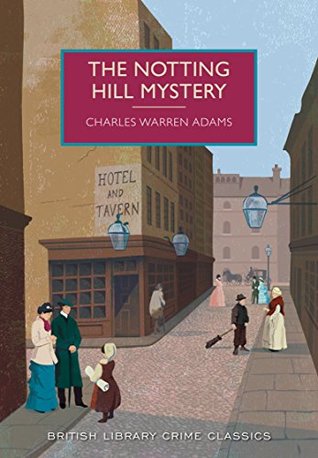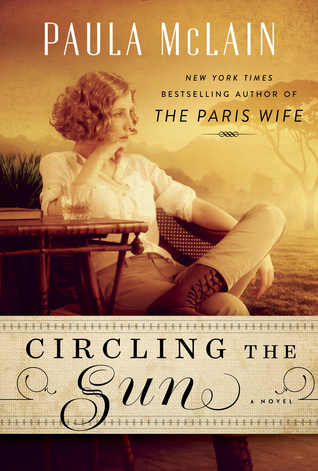 Edmund Persuader: A Romance
Edmund Persuader: A Romance
Stuart Shotwell
ISBN-10:098410321X
1550 pages
Description:
Edmund Percy has been driven from the hurricane-haunted seas of the Caribbean to the heart of England’s tranquil Hampshire in search of the Dark Queen foretold to him. He must unriddle the taunting mystery of her past, if he can; and he must use that discovered secret to win her with his most silver persuasions. It seems that all his efforts avail nothing, and the days and minutes allotted to his quest race away. Then fate or Providence slips a last chance into his hand . . .
An epic, a romance, and a mystery, Edmund Persuader is the tale of a man both blessed and cursed by his powers of persuasion. Those powers seem to perform the greatest wonders when they work him ill, yet fail when he needs them most—until he can emerge from the depths of moral error and climb toward the exaltation of redeeming love.
The Premise:
Edmund is a second son of one of England’s most prominent families; thus, despite the prestige of his name, there is nothing for him to inherit, and he has spent his life preparing to earn a living as a clergyman. However, management problems at his family’s sugar plantation send him to Antigua, where the realities of slavery and a forbidden, stormy love affair shatter his confidence in his own moral fortitude. When he finally must return to England, he is heartbroken and confused, no longer certain he is fit to be a man of God. As he wrestles with his conscience and with the necessity of finding a way to support himself, his troubles are compounded as his eye is caught by the sister of his best friend. The lady is noble, accomplished, wealthy, kind, and completely beyond the reach of a second son. She is also haunted by some grave, secret sin.
The Good:
Everything, goodness me! While the narrative voice occasionally pauses in an aside to acknowledge modernity, on the whole, the book feels more like a classic than a period piece. Without those little asides, and without having done a small amount of research on Shotwell, I would never have guessed that Persuader was not, in fact, written behind the leaded windows of a country estate of Regency England. The voice is perfect. The historicity is perfect. The characters’ attitudes are perhaps a little more progressive than one might expect of the time, but not outside the realm of possibility, especially if the writer were acquainted with radical theology.
That brings me to the moral lesson of the story. I know a lot of people cringe away from the very idea of a novel with a moral lesson, but the fact is that all fiction comes with morals, and they can be done either well or poorly. Persuader is not about a squeaky-clean protagonist endlessly whinging about how hard it is to stay squeaky-clean in this horrible, evil world. It is not about a squeaky-clean protagonist agonizing over all of his tiddly, imagined sins. It is not about a hardened sinner being taught his lesson and transforming into a squeaky-clean evangelist overnight. (Looking at you, Scrooge.) It is about a human being who has to realize that everyone sins, everyone falls, and the only way out of the sin of guilt is self-forgiveness.
I love the characters, too. Edmund, genuine and flawed and human. Tark, with his jovial bombast. The obligatory conniving aunt, Andromeda. Evelyn is particularly fascinating; it’s rare to find such sensitively portrayed non-neurotypical characters, most especially in historical fiction.
The Bad:
Being so perfectly modeled on the novels of the period, it does tend to ramble in places. I don’t think I really needed fifty pages dedicated to every minute detail of a fox hunt – not that I didn’t enjoy it, but I certainly didn’t need it. Descriptions get very lengthy in places and actually tedious once or twice, and I am saying this as one who has nearly endless patience for description.
It was also very odd to find such detailed descriptions of sex. Not nastily detailed, and I’ve certainly encountered much, much more explicit sex in books, but it felt strange and out of character for a book that in other ways mimics classics so closely.
In Conclusion:
Yes, I was able to find some flaws. No, Persuader wasn’t perfect. But it was still one of the best books I’ve read in a very long time, a new favorite, and I cannot wait to get my paws on the sequel, Tomazina’s Folly. I would strongly recommend Edmund Persuader for those whose tastes coincide with mine, as I am assuming they do if you’re following this blog.
Pick up a copy. Take it slow. Savor it.
I received a copy of this book from Goodreads FirstReads in exchange for an honest review.
 The Notting Hill Mystery
The Notting Hill Mystery Sherlock Holmes and the Copycat Murders
Sherlock Holmes and the Copycat Murders Thirteen Guests
Thirteen Guests Circling the Sun
Circling the Sun The Last Moriarty
The Last Moriarty